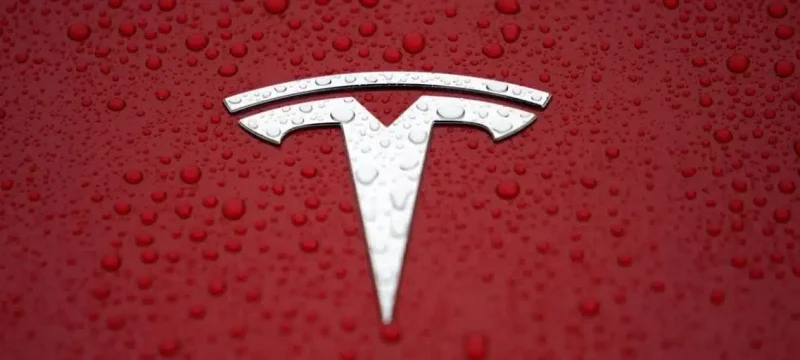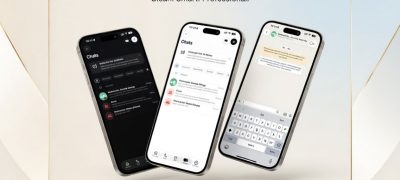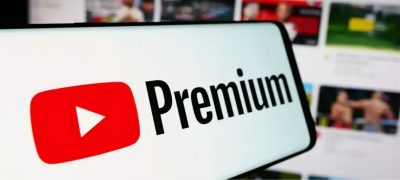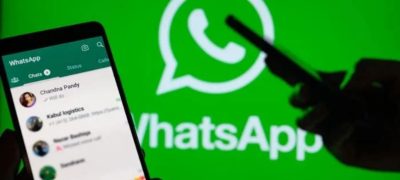Tesla achieved a significant victory on Tuesday in the first US trial regarding allegations that its Autopilot driver-assist feature caused a fatal accident. The verdict marks Tesla’s second major legal success this year, with juries finding no defects in the company’s software. Tesla has been under scrutiny from both lawsuits and federal investigations related to its Autopilot and Full Self-Driving (FSD) technology.
The civil lawsuit, filed in Riverside County Superior Court, claimed that the Autopilot system caused a Tesla Model 3 to suddenly veer off a highway east of Los Angeles, leading to a deadly crash. The trial involved gruesome testimony about the injuries sustained by the passengers, and the plaintiffs sought $400 million in damages. Tesla denied liability, alleging that the driver had consumed alcohol before the accident and that it was unclear whether Autopilot was engaged at the time of the crash.
The 12-member jury ultimately found that the vehicle did not have a manufacturing defect, and the verdict was reached after four days of deliberations with a 9-3 vote.
Also Read: Erdogan Invites Elon Musk to Establish Tesla Manufacturing Plant in Turkey
Tesla emphasized that its cars are well-designed and contribute to road safety. The company previously won a trial in Los Angeles in April, highlighting that its technology requires human monitoring despite the names “Autopilot” and “Full Self-Driving.” That case involved an accident where a Model S swerved into the curb and injured its driver.
Legal experts suggest that these trial outcomes underscore the prevailing view that human responsibility remains paramount when it comes to driving, even with advanced driver-assist systems. Tesla is currently facing a criminal investigation by the US Department of Justice and a probe by the National Highway Traffic Safety Administration related to the performance of Autopilot in various incidents.
Tesla’s stock price rose by over 2% following the announcement of the trial’s outcome.
During the Riverside trial, an internal Tesla safety analysis from 2017 was presented to the jury, identifying an “incorrect steering command” as a defect, involving an “excessive” steering wheel angle. A Tesla lawyer explained that the analysis was not an identification of a defect but was meant to address potential issues. The company subsequently implemented a system to prevent Autopilot from executing the turn that led to the crash.
Tesla engineer Eloy Rubio Blanco testified that the name “Full Self-Driving” was not intended to mislead users into thinking the vehicles were autonomous.
The disclaimers and warnings provided by Tesla give the company a strong defense in civil cases, making it challenging for plaintiffs to prove liability. However, experts believe that regulatory changes are needed to address these issues more comprehensively.









